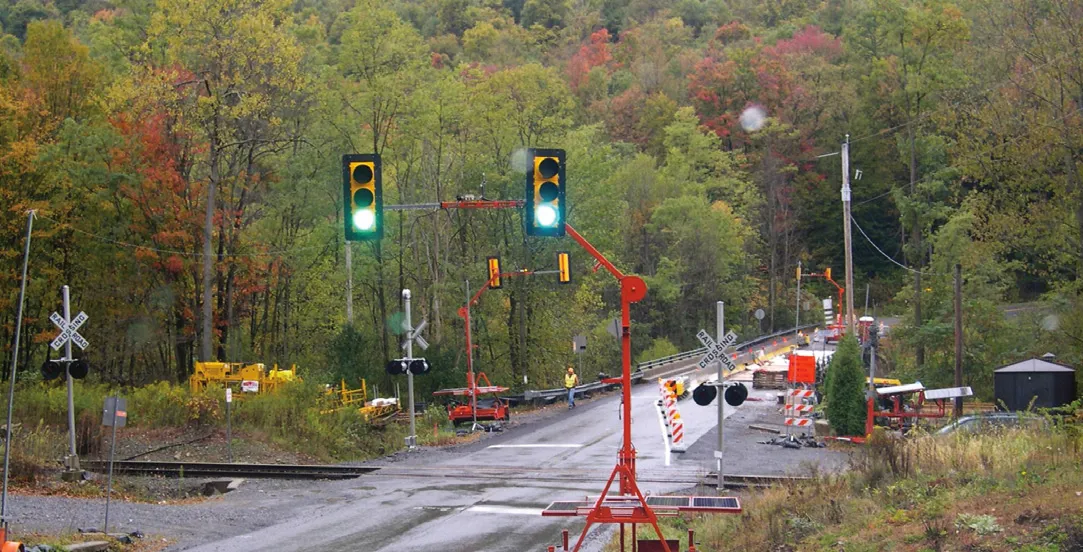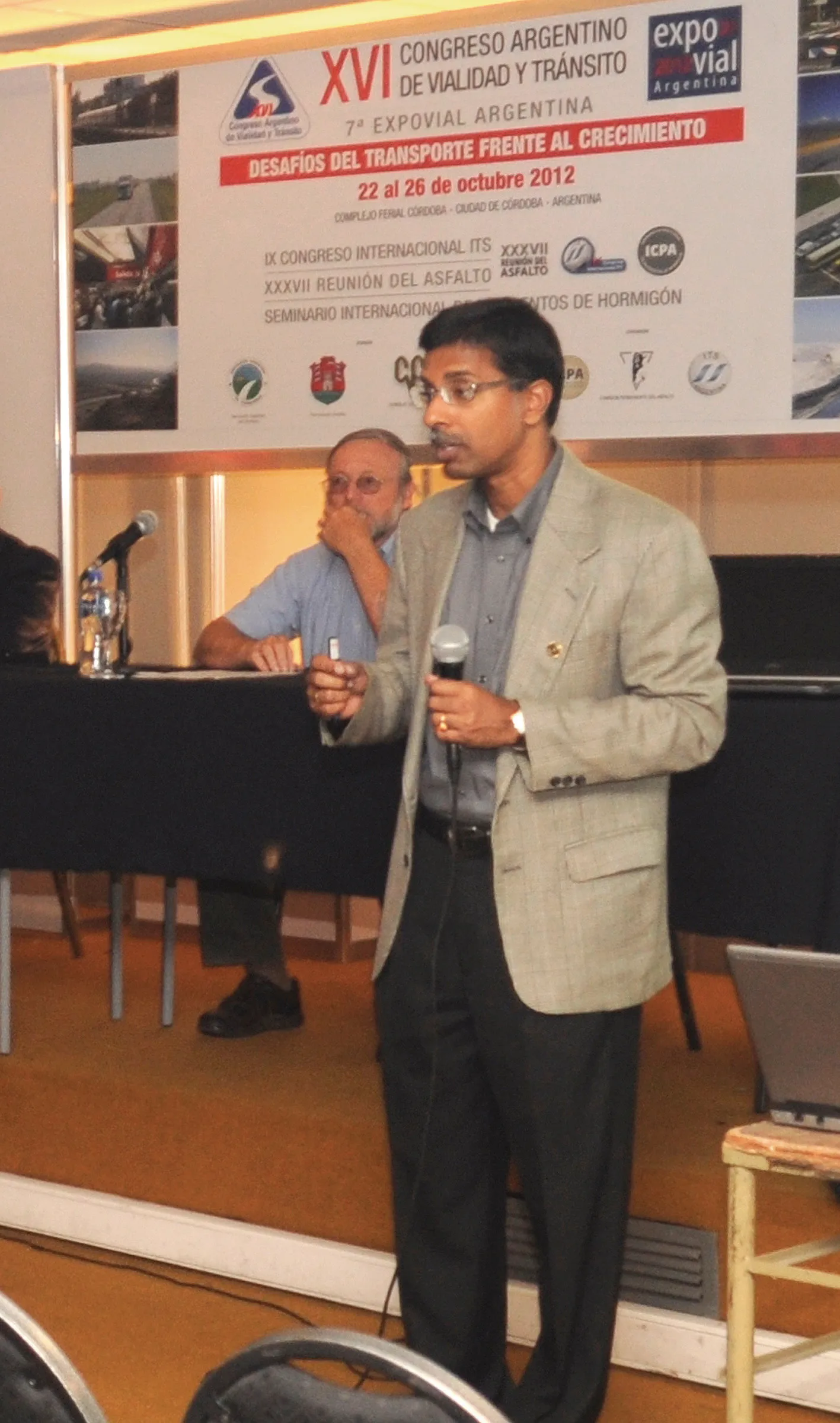In emerging economies around the world, rural roads often play a key economic role as the first link in a complex agricultural supply chain.
February 28, 2012
Read time: 2 mins

In emerging economies around the world, rural roads often play a key economic role as the first link in a complex agricultural supply chain.
Farmers delivering crops and livestock to nearby markets often do so using unsurfaced – and in many cases unsafe – roads with prohibitively high costs for rural communities. These factors translate into disincentives to produce more goods than can physically be transported.Ample empirical evidence shows that improved rural road design has the potential to reduce operating costs, cut traffic accident rates and create new market opportunities for rural communities. Yet, on account of low traffic volumes, providing new infrastructure assets is sometimes difficult to cost-justify using classic economic instruments. Thus, wherever possible, design and maintenance practices should be used that help prolong the design life of existing roads in a cost-effective manner.
The main engineering considerations in the design and maintenance of lasting low-volume roads consist of erosion, sedimentation, channel modifications and slope instability. State of the art rural road engineering involves a blend of three basic components: applying basic engineering and design concepts (drainage analysis, proper use of roadway materials), selecting adequate environmental mitigation measures, such as erosion and sediment control, and using innovative technologies wherever possible. As part of its mission to provide continuing professional development,









